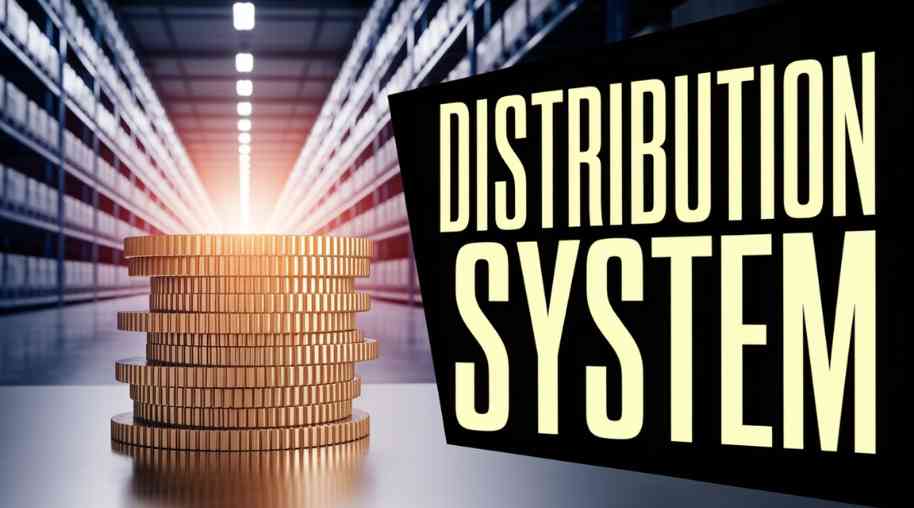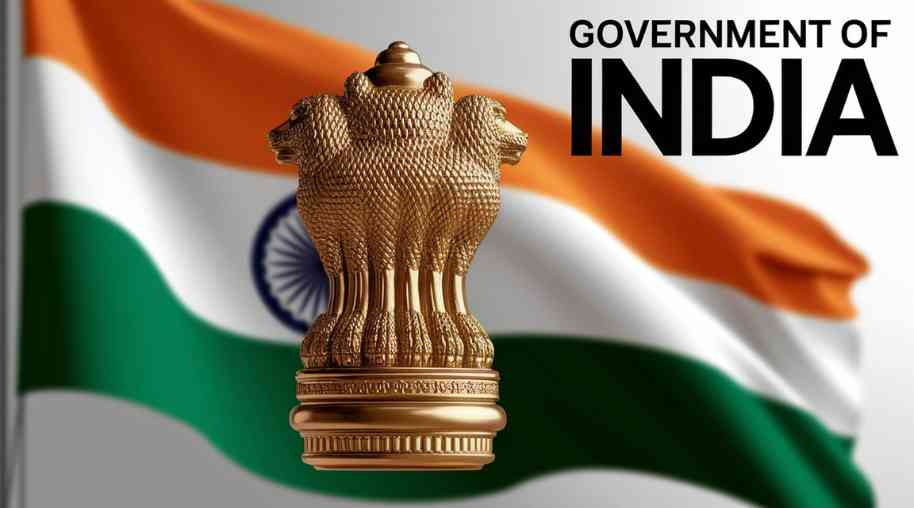PDS Full Form-Public Distribution System
by Shashi Gaherwar
0 2067
Public Distribution System (PDS) in India: Meaning, Objectives, Benefits & Challenges
The Public Distribution System (PDS) is a cornerstone of India’s social welfare programs, designed to ensure food security for the underprivileged. It distributes essential food grains and commodities at subsidized prices through a nationwide network of ration shops, supporting millions of households.

What is the Public Distribution System (PDS)?
The Public Distribution System is a government-sponsored network of Fair Price Shops (FPS) that distributes basic food and non-food commodities like wheat, rice, sugar, and kerosene to economically weaker sections at low prices. Managed by the Ministry of Consumer Affairs, Food and Public Distribution, the central government oversees policy, while state governments handle beneficiary identification, ration card issuance, and FPS operations.
Objectives of the PDS
The PDS aims to:
- Ensure Food Security: Provide essential food items to the poor at subsidized rates.
- Price Stabilization: Control inflation and stabilize food prices.
- Reduce Poverty and Hunger: Enhance access to commodities to combat malnutrition.
- Support Farmers: Procure food grains at Minimum Support Prices (MSP) to boost agricultural incomes.
Types of Public Distribution System
The PDS operates in two forms:
- Universal PDS (Pre-1997): Available to all citizens regardless of income.
- Targeted Public Distribution System (TPDS) (Post-1997): Focuses on the poor, categorizing beneficiaries into Below Poverty Line (BPL), Above Poverty Line (APL), and Antyodaya Anna Yojana (AAY) for the poorest.
Key Features of the PDS
Key components include:
- Ration Cards: Required for purchasing food grains at FPS.
- Fair Price Shops (FPS): Government-approved outlets for distributing commodities.
- Digitalization: Use of biometric systems, e-POS machines, and digital ration cards to enhance transparency.
Benefits of the Public Distribution System
The PDS provides significant advantages:
- Food Security: Ensures affordable access to basic food items for millions.
- Poverty Alleviation: Supports low-income families, reducing hunger.
- Inflation Control: Regulates prices and supply of essential goods.
- Agricultural Support: Provides farmers a secure market via MSP procurement.
- Employment Generation: Creates jobs in logistics and distribution.
Challenges Facing the PDS
The PDS faces several issues:
- Leakages and Corruption: Food grains are often diverted to the open market or sold illegally.
- Identification Errors: Ineligible beneficiaries may receive benefits, excluding the truly needy.
- Quality of Food Grains: Poor-quality items are sometimes distributed.
- Storage and Transport Issues: Inadequate facilities lead to wastage.
- Exclusion due to Digital Divide: Biometric systems may deny access in areas with low digital literacy or connectivity.
Recent Reforms in the PDS
Reforms to improve the PDS include:
- One Nation, One Ration Card (ONORC): Enables beneficiaries to access food grains from any PDS shop nationwide, enhancing portability.
- Digitization of Ration Cards: Eliminates duplicate and bogus cards for better transparency.
- Direct Benefit Transfer (DBT): Transfers cash to beneficiaries’ accounts for market purchases in some regions.
The Public Distribution System (PDS) is a vital component of India’s food security and social welfare framework. While it has successfully supported millions, especially during crises like the COVID-19 pandemic, challenges like leakages and inefficiencies persist. With technology integration and continuous monitoring, the PDS can become more robust, ensuring no citizen goes hungry.
Further Learning Resources
If you’re passionate about building a successful blogging website, check out this helpful guide at Coding Tag – How to Start a Successful Blog. It offers practical steps and expert tips to kickstart your blogging journey!
For dedicated UPSC exam preparation, we highly recommend visiting www.iasmania.com. It offers well-structured resources, current affairs, and subject-wise notes tailored specifically for aspirants. Start your journey today!

Share:








Comments
Waiting for your comments